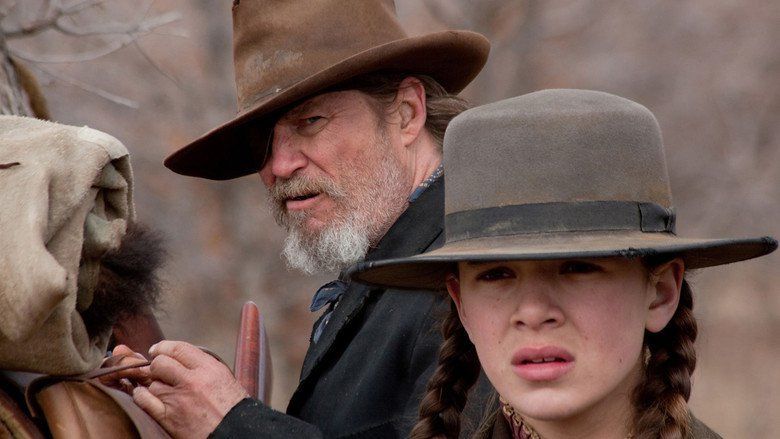
True Grit skillfully and thoughtfully intertwines two common conflicts in Crime and Punishment films. The thin line between vengeance and justice is given a fresh look by making the ambiguously motivated champion of justice a child: Mattie Ross (Hailee Steinfeld).
The belief in the intrinsic moral innocence of children is a relatively modern one. Christian cultures rooted in Calvinistic doctrines of total depravity and original sin were just as likely to see children as needing saving from their sinful, selfish selves as adults. As literary Romanticism flourished in the late 18th and 19th centuries, poets such as William Blake became more apt to see the contrasting states of the human soul as innocence and experience, a change which optimistically implied that the original state of humans was one free of guilt but pessimistically conceded that such a state could be impossible to retain in a world in which experiences hardened, hurt, and embittered us.
Like most great literary characters, Mattie Ross and Rooster Cogburn, the professional she hires to track her father’s killer, could be used as arguments for either side. Mattie is business-like, pragmatic, and calculating. When the law fails her expectations, she is apt to use the righteousness of her cause to justify some questionable decisions and ambiguous motivations. But was she always this way, or did the tragedy of life’s experiences change her?
Cogburn is not above manipulating the legal system to justify his own actions — Mattie first sees him while he is giving dubious testimony in a trial — but he has a code of right and wrong. If experience has made him wary, it is hard to argue that it has made him evil.
True Grit is narrated by Mattie, making it mostly a flashback. Is her fate supposed to tell us something about the cost of vengeance, the price of justice, or both? — Kenneth R. Morefield (2024)
Arts & Faith Lists:
2024 Top 25 Crime and Punishment Films — #22